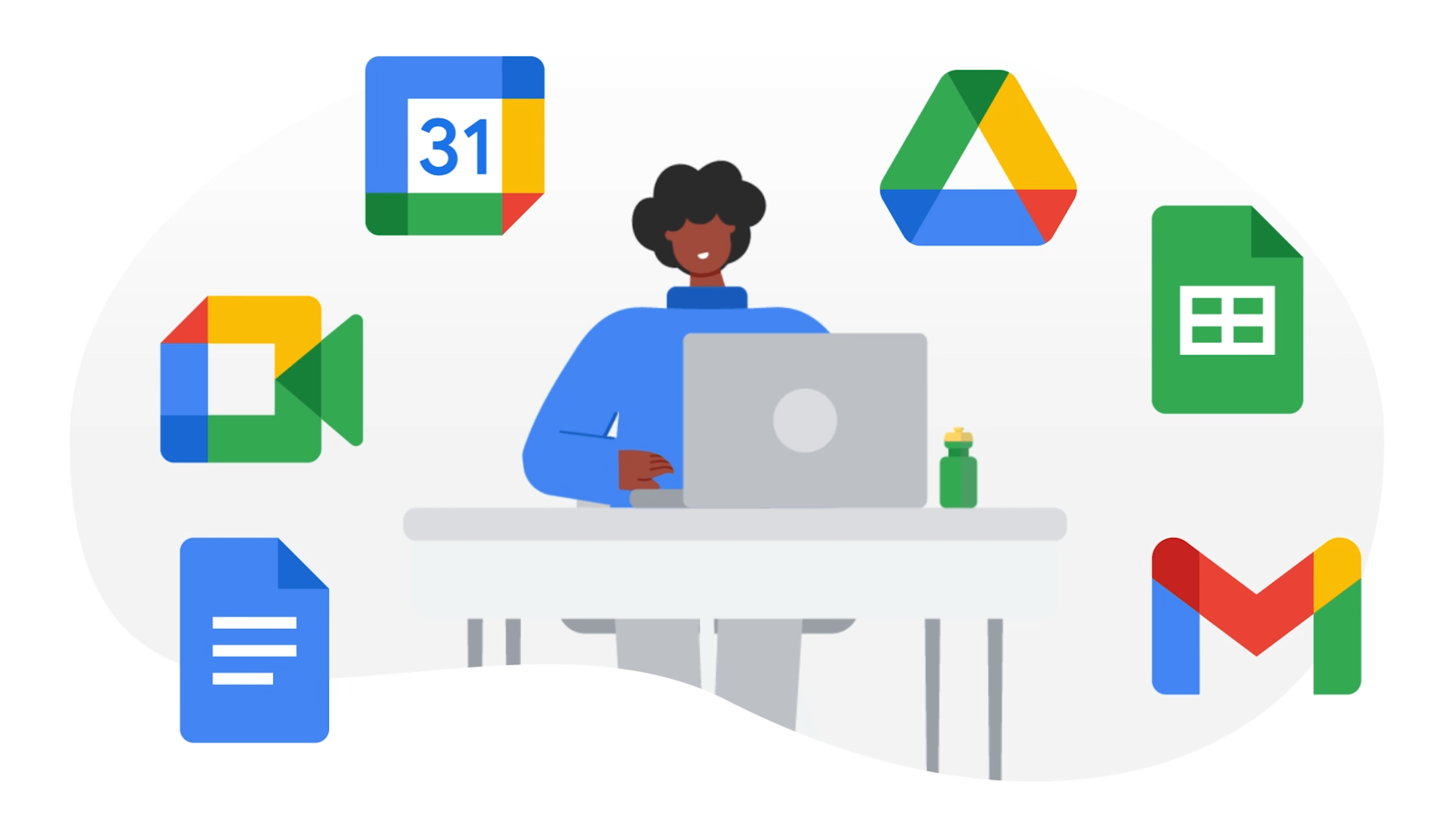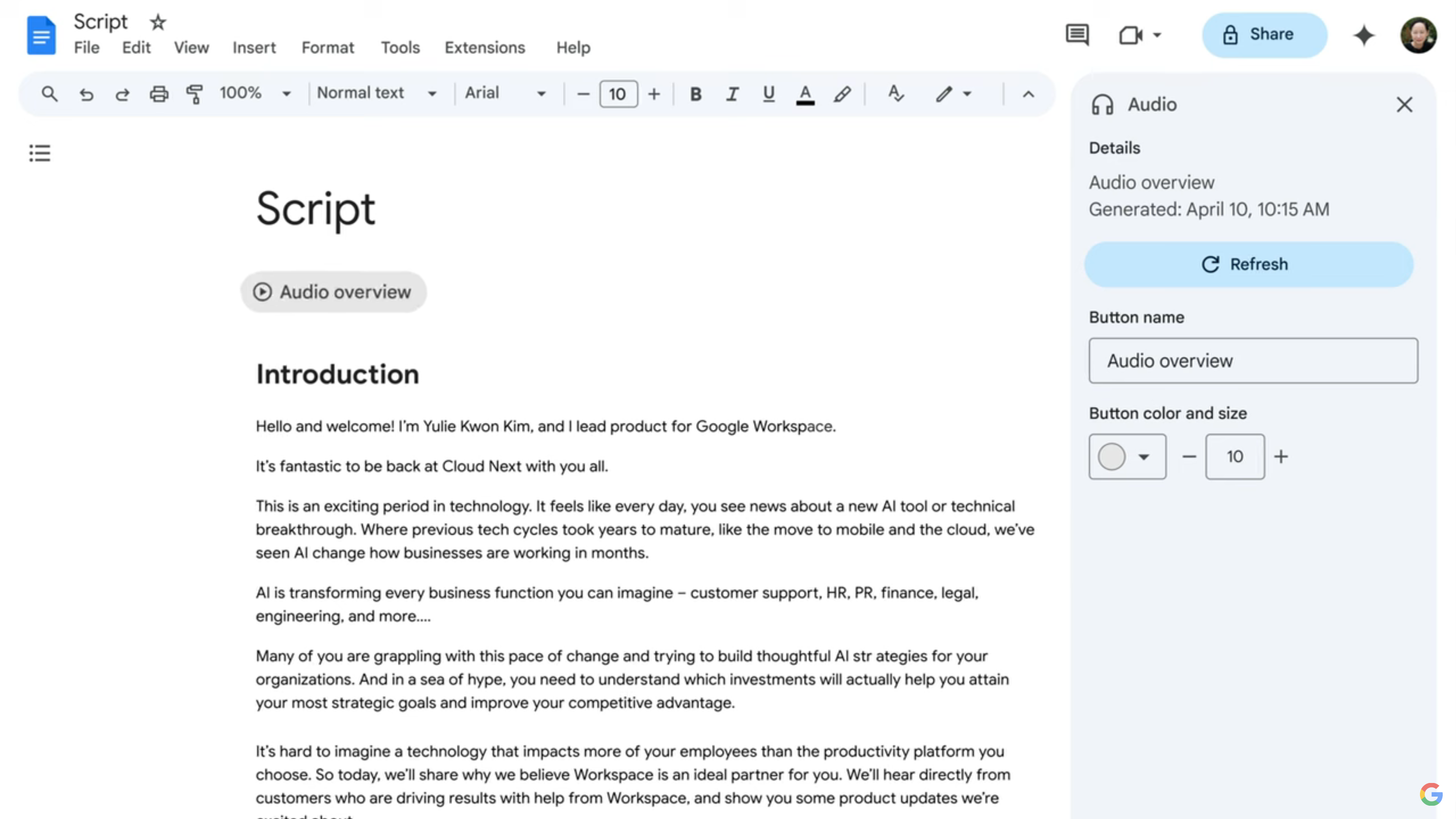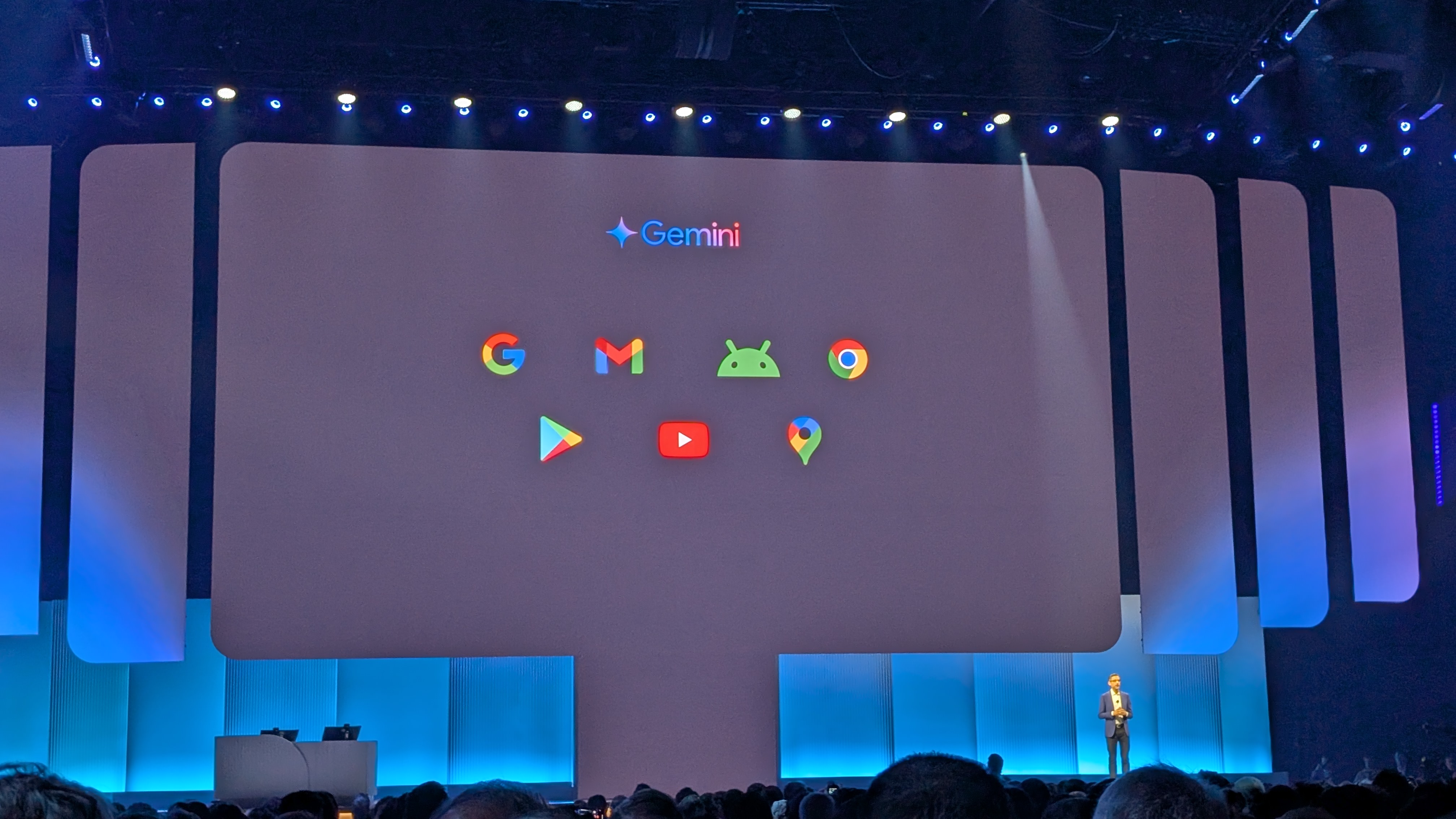
With AI seemingly set to transform how we work at all levels, getting the most when it comes to productivity and efficiency is a key consideration for organizations everywhere.
The recent Google Cloud Next 25 event was unsurprisingly chock-full of announcements on how AI is set to transform the way we work, but how realistic are these aims?
I got to speak to Kristina Behr, VP Product Management, Collaboration Apps, Google Workspace, to find out just how close we really are to the company’s goals when it comes to AI working.
Time to innovate
“I'm really excited about it as a technologist,” Behr tells me, “it just feels like we can do so much by thinking about what is causing people wasted time or drudgery in their jobs, and how can we go about fixing that?”
We’re speaking not long after the main Google Cloud Next 25 keynote, where a host of improvements were announced for Google Workspace, including new audio tools in Google Docs which can create listenable versions of your document, as well as upgraded analysis tools for Google Sheets to help get the most out of your data.
“I really feel the gloves are off when it comes to innovation,” Behr notes, “instead of us designing a separate add-on package with AI...it's like, let's just do this thing, create and really transform (the idea of) what does Google Docs look like, what does Sheets look like for the future, with AI, and really make those two things inextricably linked.”

At a previous Q&A session with the media, Behr had spoken of Google’s aim of “doing things differently” when it comes to enterprise software, and I ask her to expand on what she means.
“We have really great competitors in this space, with probably 10x the amount of people working on these products,” she notes, “so instead of doing things like they would do it, (we think about) how can we do it in new ways, embracing this new technology?”
There are a lot of “unique advantages” that help set Google apart, she adds, including AI-accelerated hardware, which means, “we can deliver a lot of these things with efficiency and scale that other people cannot,” as well as its own proprietary LLMs, such as Google DeepMind, and the applications which sit on top of that.
“Because we can optimize across that stack, I think this is a different way that we can approach this space than some of our competitors - and you’ll see that in both the speed at which we launch new things, but also the quality at which we can optimize that.”
"Game-changer"
Behr had also declared Google Workspace now boasts over three billion users worldwide - with such a huge customer base, I ask her how the company identifies what is important to focus on and prioritize next?
“One of the things we think a lot about is, how do we design the most useful products possible,” she notes, adding a lot of work goes into just how customers are using their products.
“We have decades of knowledge on how people do productivity - and that also gives us a significant advantage on…how do we modernize these workflows.”
Unsurprisingly, AI is once again the answer - Behr says it can hit on the users' needs more precisely, becoming a “game-changer” in the company’s design philosophy.
“Now, everyone is an AI product manager,” she says, “we really go through and think about making our tools as helpful and as useful as possible.”

I ask Behr how the human element and input can remain central in this new AI age.
“I hope this is a false choice,” she laughs, highlighting her own personal usage of Gemini when writing a document to stay in the flow of work, or getting feedback on her output, “I think there’s a way that we can use AI to keep people in the zone, versus being a distraction.”
Personalization is another key selling point for AI tools, Behr notes, as some LLMs can sound quite generic.
“A lot of the work that we’re doing is making sure (AI) is grounded in your data so that it sounds a little bit more like you,” she says, “so if I’m asking for content suggestions, it has access to all the files I have access to, so it’s pulling and mimicking the language, so it’s more personalized to me.”
Authenticity is the key, she adds, as the platform learns over time, but it’s important that “the human is still in the loop.”
“The list of things that we want to deliver for our customers is quite vast,” she notes, “(but) we let the customers be our guide…we try and think about what are the tasks which are common across multiple different segments, different industries - and then, how do we solve them?”







